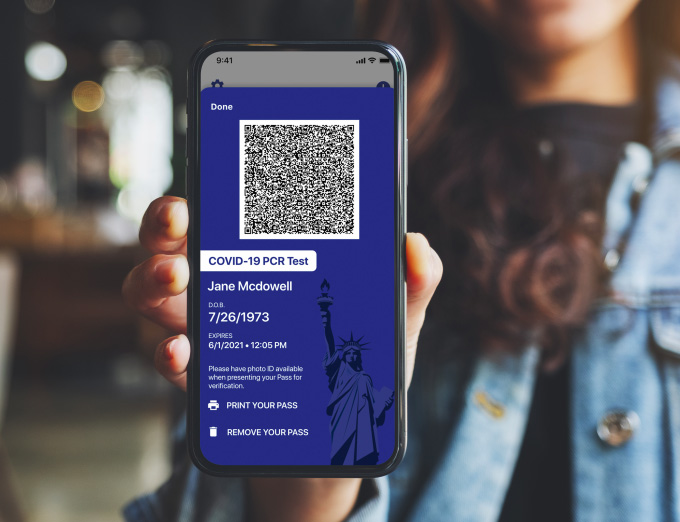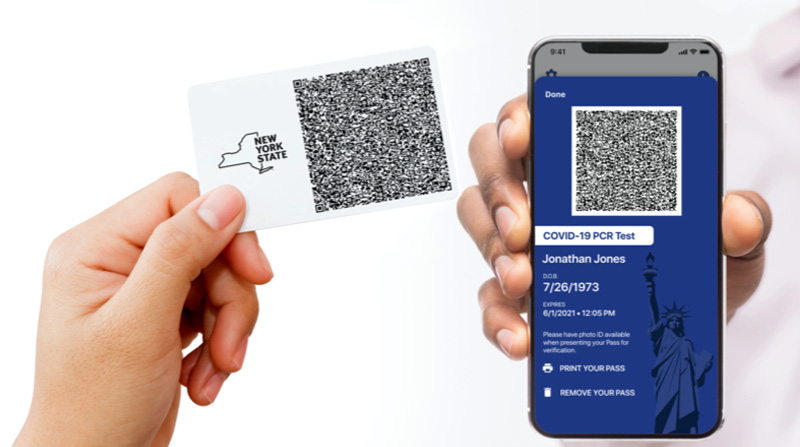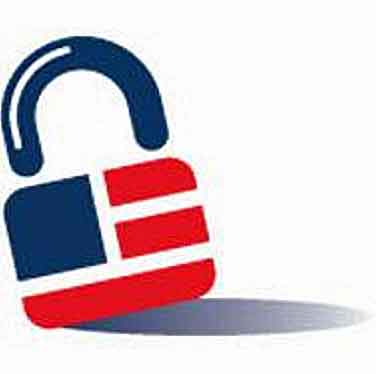
April 5, 2021 – In Breaking News – PC Magazine
About a week ago, after sitting on the floor of a Walgreens for three hours, I was finally injected with a tiny amount of Pfizer’s COVID-19 vaccine.
It was a triumph for me to have remained healthy to this point, and a much larger triumph of medical science to have created, tested, and distributed vaccines for a completely new disease in such a short time.
This is in stark contrast to the tech sector, which failed the world once with contact tracing apps and seems poised to fail us once again with vaccine passports.
An App to Keep Us Safe?
You could be forgiven for having forgotten about contract tracing apps.
The idea was that our phones would silently keep tabs on every other person (with phone) that passed close enough to spread COVID-19.
If one of those people tested positive for the virus, they could tell the app, which would alert all the potentially exposed people.
Apple and Google famously joined forces to create a framework that, using clever encryption and Bluetooth sorcery, managed to deliver the experience while apparently protecting individuals’ privacy.
It looked good on paper, but there were oodles of problems. Besides a general lack of national leadership, the whole scheme hinged on people having access to expensive smartphones and using them correctly.
(New York Governor Andrew Cuomo announced the launch of the Excelsior Pass — a free, voluntary digital app developed in partnership with IBM that will verify if an individual user is fully vaccinated against Covid-19 or has recently tested negative for the illness. Courtesy of Business News and YouTube. Posted on Mar 28, 2021.)
But there was also the issue of privacy: Is it safe to use an application (ostensibly connected to state governments) that constantly broadcasts your location?
Bewilderment and skepticism reigned.
There wasn’t a consensus on whether or not the apps were safe, probably because there was no single solution to analyze, and because the efforts to deploy the apps were half-hearted at best.
There was also the concern that police or immigration agencies could somehow use the tracking data. These issues hung over every discussion, especially as the summer of 2020 birthed the largest protest movement in recent American history.
In fairness, Apple and Google’s solution appeared to put privacy first and did a good job of insulating individuals from any sort of data collection by the contact tracing apps.

That said, the nagging thought that someone else could monitor these apps communicating with each other never sat well with me. Still, it would have been an easy call to endorse apps that, even if imperfect, would have prevented more people from dying.
But even the efficacy of this patchwork effort was in question. The upshot was that these apps failed to catch on.
Continue reading… Vaccine Passports Are Destined to Fail
AST strives to meet a 3 STAR trustworthiness rating, based on the following criteria:
- Provides named sources
- Reported by more than one notable outlet
- Includes supporting video, direct statements, or photos
















